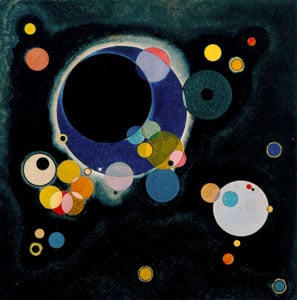This is like survivorship bias, but in reverse. Obviously almost everyone who killed themselves with a gun had access to a gun, but this doesn’t mean that they wouldn’t have committed suicide by some other means if they didn’t have access to a gun.
This is something that is impossible to determine scientifically. If everyone in this study group killed themselves with a gun, how many of them would have not killed themselves if they didn’t have a gun? They can’t un-kill themselves and let us take away their guns so we can determine the effect.
What this study shows is that a gun is likely the first choice of gun owners who are trying to kill themselves. It cannot determine how much less likely they would have been to kill themselves had they not owned a gun, if at all. Intuitively I do believe that it would be less, because other means are likely more difficult, slower, or less effective. Whether this would result in slightly fewer suicides or much fewer I do not know, but this study doesn’t prove either.















The ironic thing is that if the US government wanted people to stop using it because of the PRC, they should have just leaked some fake Snowden style documents saying that the NSA was using it. Everyone would drop it like a hot potato then.